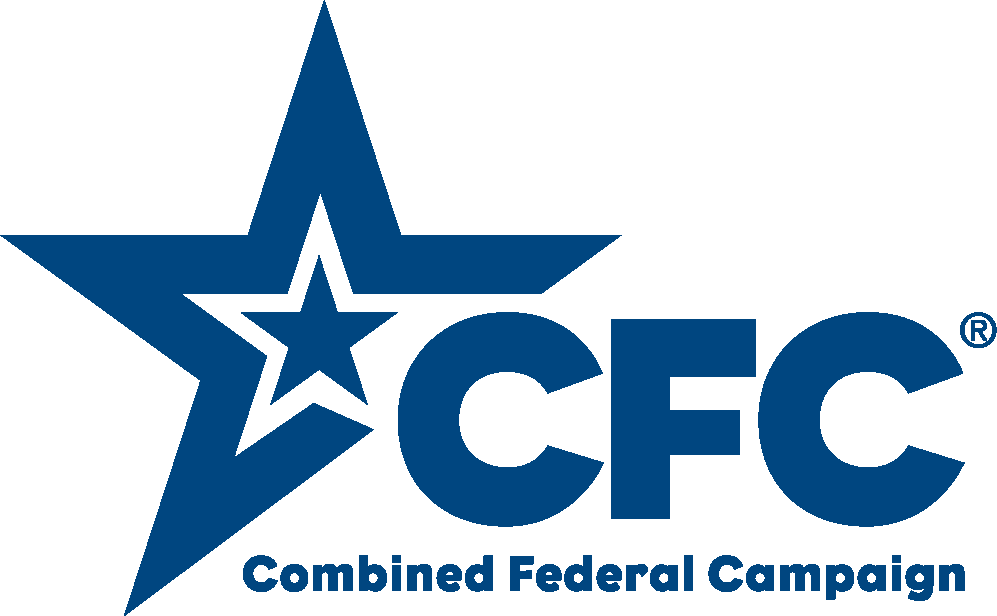
Good Evening. My name is Sam Blau, I live in District 46, and I am co-chair of the Baltimore Leadership Council. JUFJ organizes 6,000 Jewish Marylanders and allies to advocate for social, racial, and economic justice issues at the state and local level.
Next week is the beginning of Kislev, the Hebrew month in which we celebrate Hanukkah. During Hanukkah we remember how our ancestors fought against an unjust society that privileged the powerful few over the needs of the many. Together we have taken important steps to move Maryland forward, but too often we see in our community reflections of the inequities that faced our ancestors.
We are thrilled that you passed the Time to Care Act last session to establish the Family and Medical Leave Insurance (FAMLI) Fund so that all workers in Maryland can take paid time off to care for themselves and their loved ones. We and our partners in the Time to Care Coalition hope you will support legislation to ensure the program is implemented equitably – with a contribution rate that is fair for employees, especially tipped and low-income workers. The bill will also make clear that all other paid time off will not have to be exhausted before using the FAMLI Fund, which benefits not only employees, but also their employers. Everyone deserves time to care, and no one should be put in a position where they have to choose between that and keeping a roof over their heads.
Speaking of which, eviction rates are higher than they were pre-pandemic. Rents are skyrocketing, and rental assistance funds are running out. The General Assembly must address these issues through rent stabilization and allocating funds for emergency rental assistance. Last year, you passed a bill (SB 563), which Governor Hogan vetoed, to prevent illegally operating landlords from using the expedited eviction process and uphold rental licensing programs meant to ensure safe housing for renters. We and our partners in Renters United Maryland (RUM) hope to see this and other renters’ rights legislation become law this coming session.
Police violence and abuse continues to ravage Black and brown communities, and we thank you for the role the delegation played in passing historic reforms in 2021. To ensure the intent of those reforms are reflected in practice, it is essential that the General Assembly do everything in its power to uphold Anton’s Law and demand transparency in police disciplinary records. Further, we and our partners in the Maryland Coalition for Justice & Police Accountability (MCJPA) hope to increase community oversight of police. We want to pass legislation that will allow local jurisdictions to grant Police Accountability Boards (PABs) the authority to hire independent investigators and investigate misconduct complaints. As you know, since the 1860s, Baltimore City’s Police Department (BPD) has been a state agency. In the 2021 legislative session, this delegation spearheaded the effort to pass a bill creating a road map for returning control of the BPD back to our city. On Election Day, the citizens of Baltimore overwhelmingly voted to restore local control, but it is up to you and your General Assembly colleagues to take the final steps to make it so. This change is long overdue, and we’re counting on you to honor the will of the people and pass legislation to finally make the BPD a city agency once more.
While Maryland has made progress on youth justice issues in recent years, the practice of automatically charging kids as adults in some cases must end – it is both unjust and racially inequitable in its application. Eighty percent of the kids tried and held in the adult court and prison system are Black. We and our Maryland Youth Justice Coalition partners urge the General Assembly to right this wrong – kids are kids and their cases should be dealt with in a system designed to rehabilitate them and meet their needs. Charging kids as adults leads to significantly higher recidivism and more violent crime. Charging kids as kids is not only better for youth, but for society as a whole.
We and our partners at CASA believe that everyone should have access to the highest attainable standard of health services – no one should get sick or die because of their income or immigration status. Currently more than 40% of undocumented residents are uninsured. That’s why we urge this delegation and the entire General Assembly to expand Medicaid and ACA eligibility to include those who are undocumented.
Finally, we hope to see the Maryland General Assembly follow the lead of many states and local jurisdictions, including Baltimore City, and adopt hybrid hearings to maximize the engagement of the public in the legislative process. To return to “business as usual” is to exclude people with health concerns — and people with mobility concerns, inflexible jobs, children, transportation challenges, and more — from participating in our state’s democracy. All Marylanders deserve the opportunity to share their stories and advocate for themselves in Annapolis – whether in person or virtually. Equity and justice demand a hybrid process.
Our ancestors fought against injustice, and we are called to follow their example. Let’s continue building a Maryland that works for us all.





